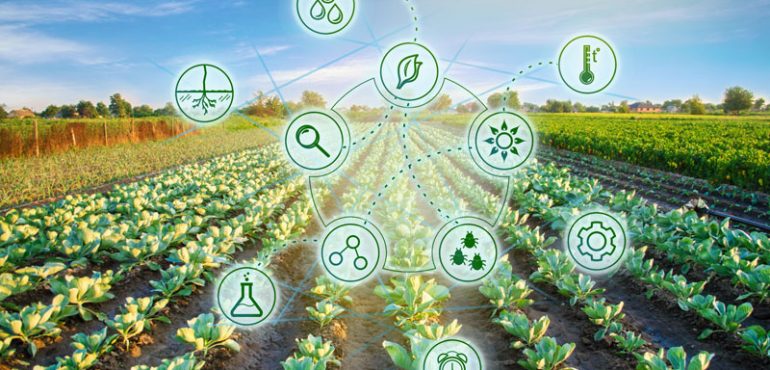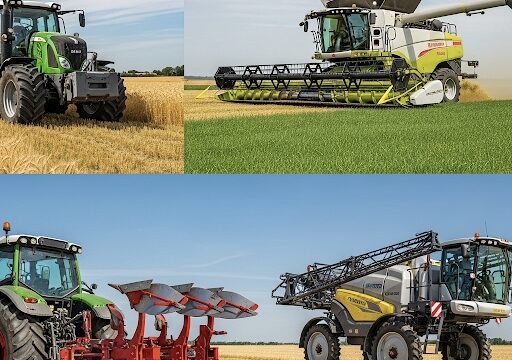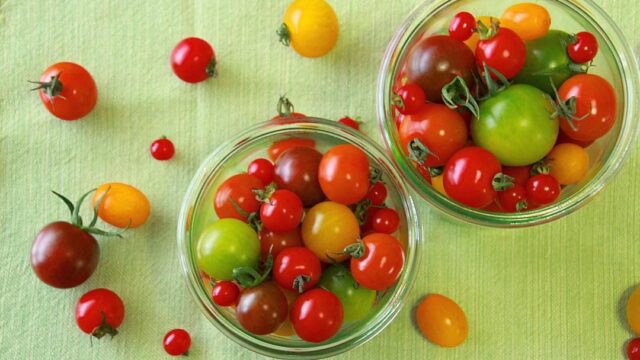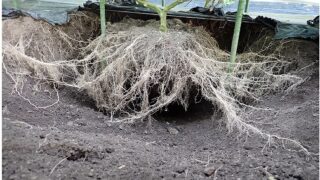The Future of AI in Agriculture.
The future of AI in agriculture holds immense potential for transforming food production, environmental sustainability, and the economy. Here’s a summary of the main future prospects that AI in agriculture can bring:
1. Streamlining and Increasing Food Production
* Precision Agriculture: AI analyzes data such as weather data, soil analysis, and crop growth status, and instructs on the optimal timing for watering, fertilization, and pesticide spraying, contributing to efficient resource use and increased yields.
* Automation: Robots and drones equipped with AI automate tasks such as sowing, harvesting, and weeding, helping to solve labor shortages and improve production efficiency.
* Early Detection of Pests and Diseases: AI image recognition technology detects crop pests and diseases early, and takes appropriate measures to minimize damage and stabilize yields.
2. Reducing Environmental Impact
* Resource Optimization: AI optimizes the use of water and fertilizers, and minimizes pesticide spraying, reducing environmental impact.
* Maintaining Soil Health: AI analyzes soil conditions and promotes the use of appropriate soil amendments and organic fertilizers to maintain soil health and support sustainable agriculture.
* Responding to Climate Change: AI analyzes weather data and predicts damage from abnormal weather conditions, taking appropriate measures to increase crop resilience to climate change.
3. Economic Effects
* Reducing Production Costs: AI promotes efficient use of labor and resources, reducing production costs and contributing to increased farmer income.
* Production of High-Quality Agricultural Products: AI optimizes crop growth conditions and supports the production of high-quality agricultural products, increasing market competitiveness.
* Creating New Business Models: AI agriculture creates new business models such as data analysis and technology provision, contributing to the revitalization of the local economy.
4. Other Possibilities
* Improving Food Security: AI agriculture contributes to the stabilization and increase of food production, and has the potential to improve global food security.
* Reducing the Burden on Farmers: AI reduces the burden on farmers through automation of farm work and decision-making support, and promotes agriculture as a more attractive occupation.
* Strengthening Cooperation with Consumers: AI provides production information to consumers, increasing trust in food safety and security, and strengthening cooperation with consumers.
Challenges and Prospects
The widespread adoption of AI in agriculture requires technological development, data collection, system development, and the understanding and cooperation of farmers. It is also necessary to consider social issues such as the impact of AI introduction on employment and the protection of personal information.
However, the potential of AI in agriculture is enormous, and it is expected that overcoming these challenges will lead to the construction of a sustainable food production system and the realization of a richer future.
Artificial Intelligence researcher
TATSUNARI ZUKERAN









